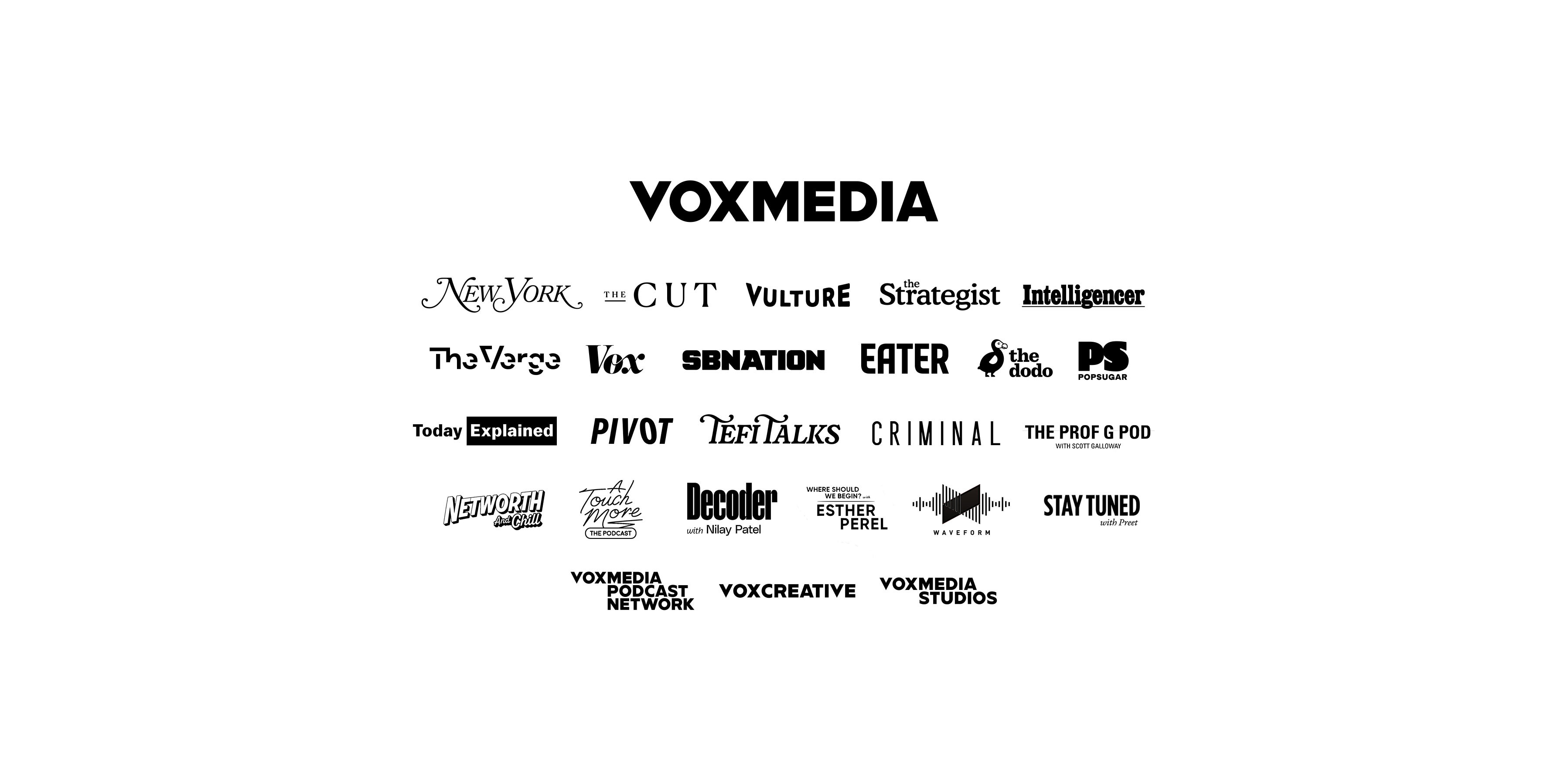Over the past decade, corporate social responsibility has been a larger focus for companies across many industries. We recognize its importance, and thus Vox Media partnered with Nielsen to understand some of the finer points around the following:
- How does CSR contribute to consumer expectations around brand building?
- How do marketers decide what social issues to support? What are examples from publishers who specialize in creating platforms that focus on consumer equity and programming with purpose?
- Does CSR ultimately drive purchase?
Our research presents a compelling argument for CSR in the current environment for the following reasons:
- Creates salience for your brand in saturated categories, especially in partnership with publishers and content marketing
- Purpose marketing can galvanize organic brand support and overall stronger word of mouth
- It appeals to next-gen customers, specifically Gen-Z
- Purpose will become more of a factor and as important as features and benefits marketing
“BUILD” YOUR BRAND EQUITY WITH CSR
A question that is often asked:
Which CSR issue is the least polarizing to my audience?
When summarized into 4 areas, companies can try to build…
- … a more sustainable planet
- … a great company and culture for their own workers
- … a more equitable society through access and representation
- … a place for inclusion through centering individual rights and shared purpose in the collective
We asked consumers to tell us what issues were personally important. If that issue was important, we followed with whether it impacts the brands they choose to purchase.
The two buckets that matter most for consumers are building a better planet and a company that respects workers. Two things a company controls.
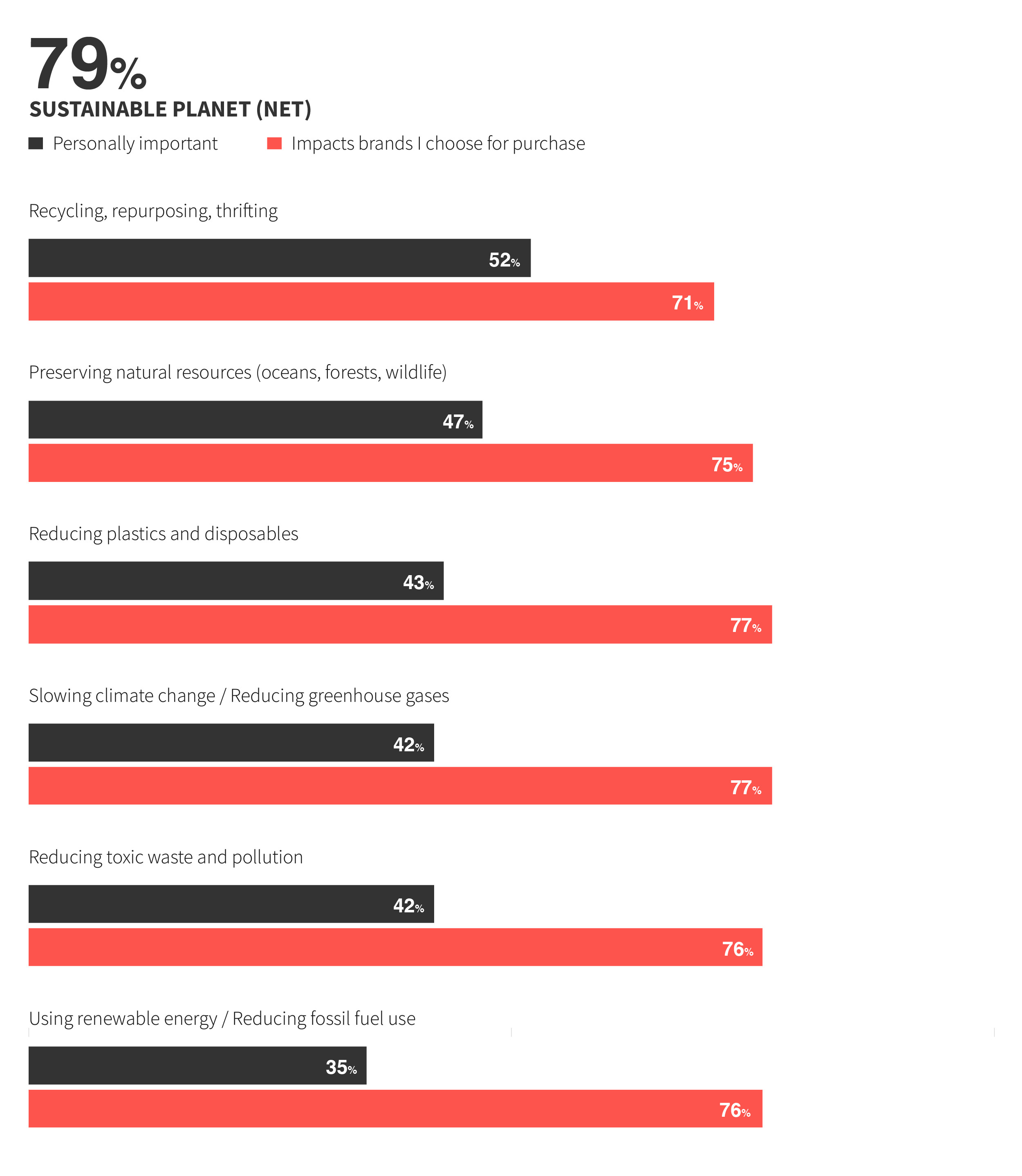
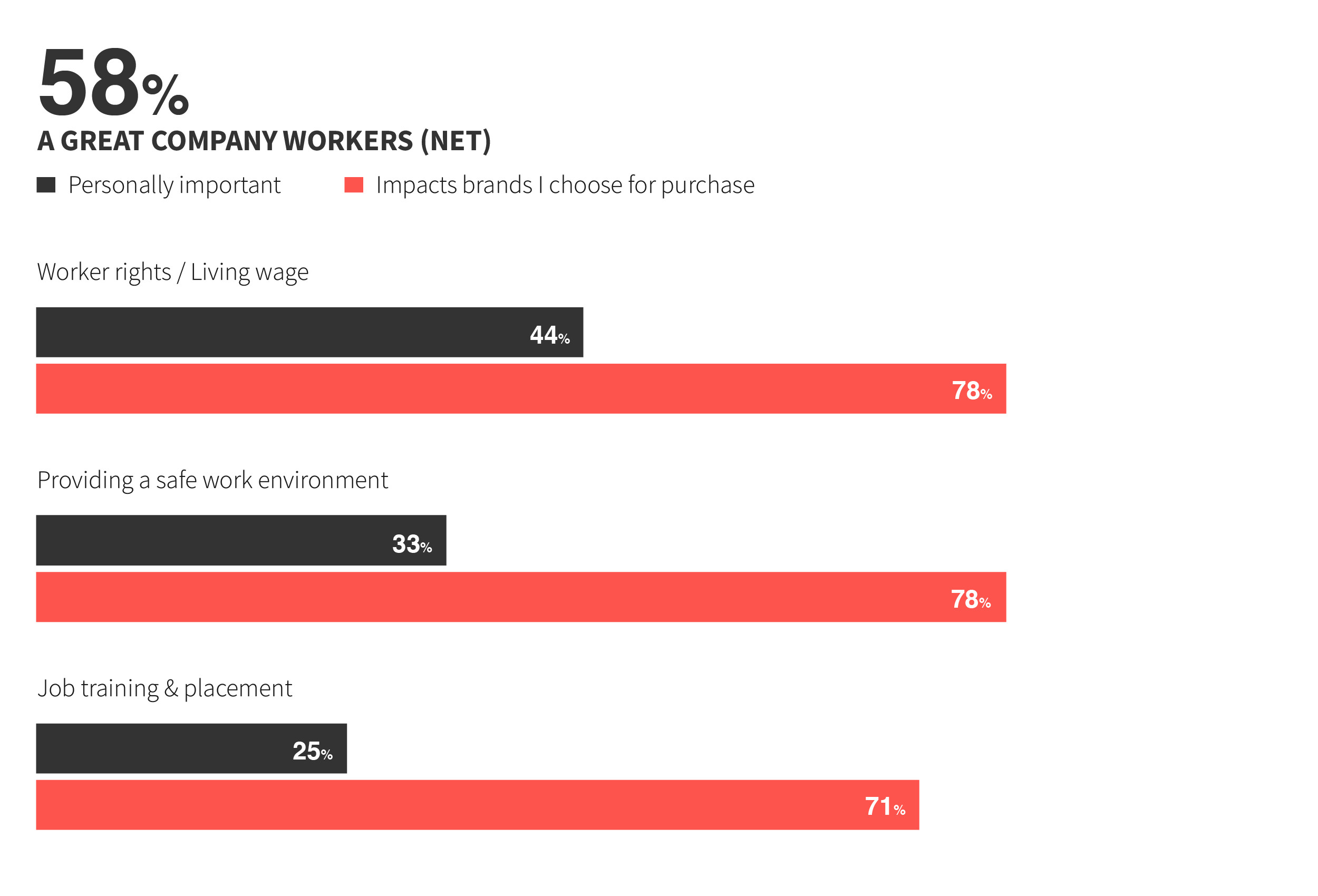
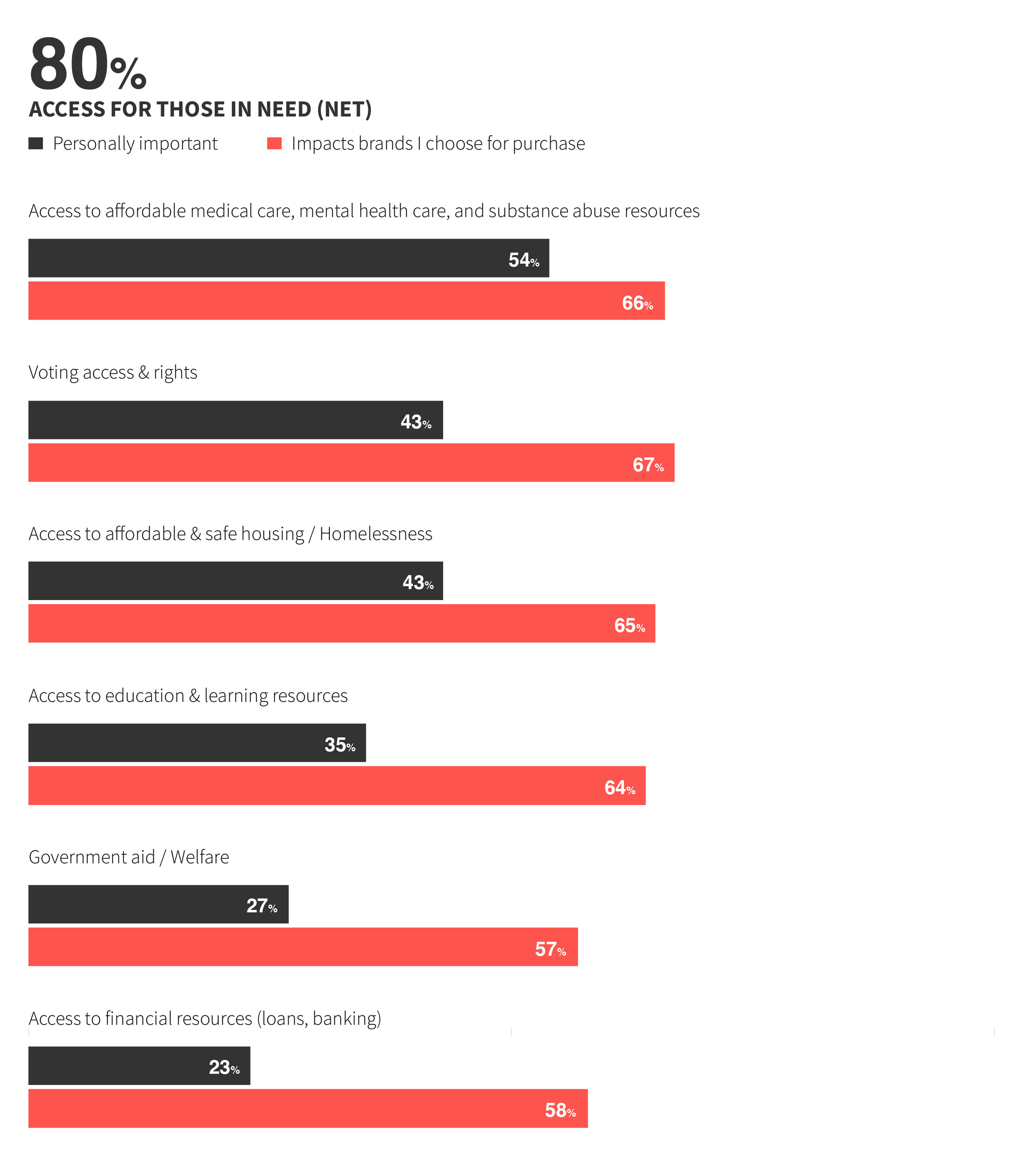
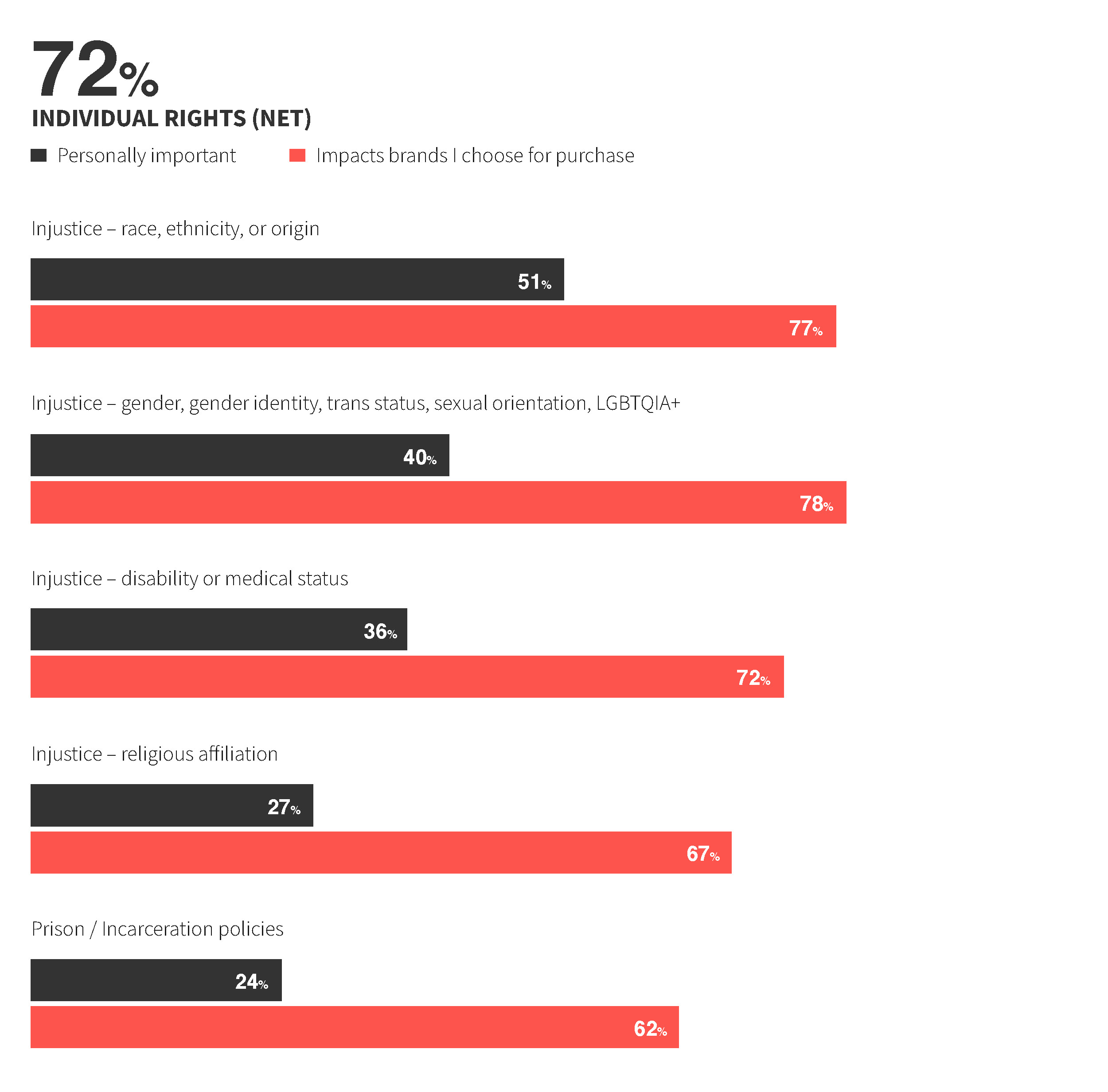
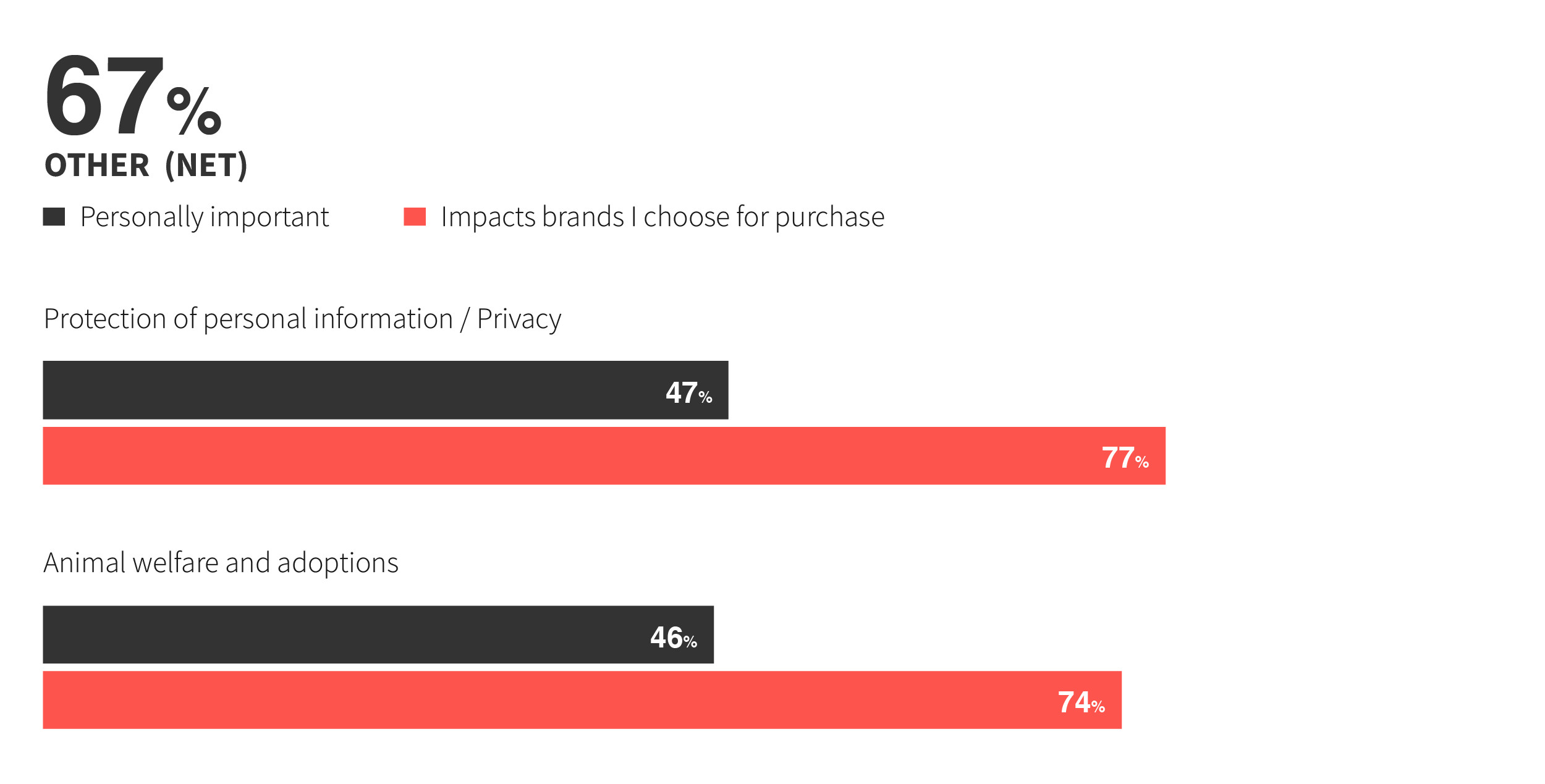
Given how high the numbers are in the red bars above, consumers likely use their brand choice to activate their own set of personal values in real-world issues.
GETTING DOWN TO SPECIFICS BY ISSUES
When focusing on more specific issues, what consumers ultimately ask for is for brands to think about things that protect them or the people they care about. More than 2 in 3 consumers consider issues like access to affordable health care, recycling/repurposing/thrifting, and racial equity when making a purchase.
The plot represents the issues most important to consumers by how much they impact brand choices. We sectioned it off as “high focus” (see statements with a * mark) and “opportunity” areas to show which items had the greatest scale (number of people) and resonance for a brand (would impact my purchases). It’s clear that we should focus on opportunities around inclusion, building a sustainable planet, and being a fair/equitable employer area.
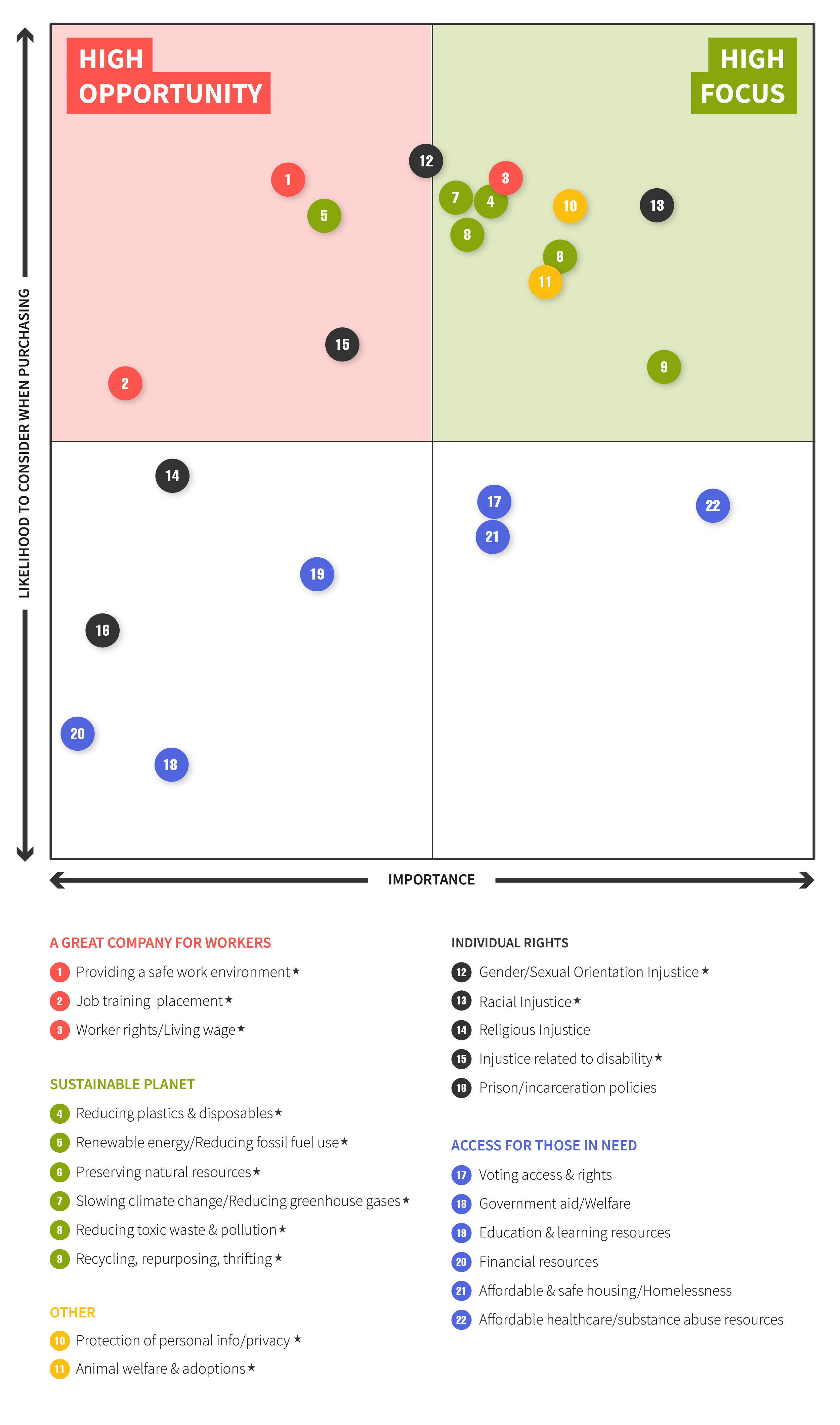
PLEASE FOLLOW THROUGH… USUALLY, IT TAKES ACTUAL INVESTMENT FROM A COMPANY
There’s a famous saying that “if you love what I love, it also means you love me by way of the transitive property.” That is also a recurring truth when it comes to the societal issues that are most important to consumers. The watch out to CSR is that consumers expect brands to prove it in very tactical ways, and those tactics usually involve investment and taking a stand.
Consumers want brands to sponsor/donate, create events and even change business practices. They want brands to use their privileged positions to talk about social issues, and on occasion join competitors around causes. At the day’s end, what consumers ultimately care about is bigger than one brand. Only when we see action does it change our perception of a brand. This usually comes by way of partnership with authoritative voices in the space like publishers who create and care about this content as part of their organic platforms.
Q. Think about an issue/cause that is important to you. How does your opinion of a brand/company change when it takes these actions in support of the issue/cause?
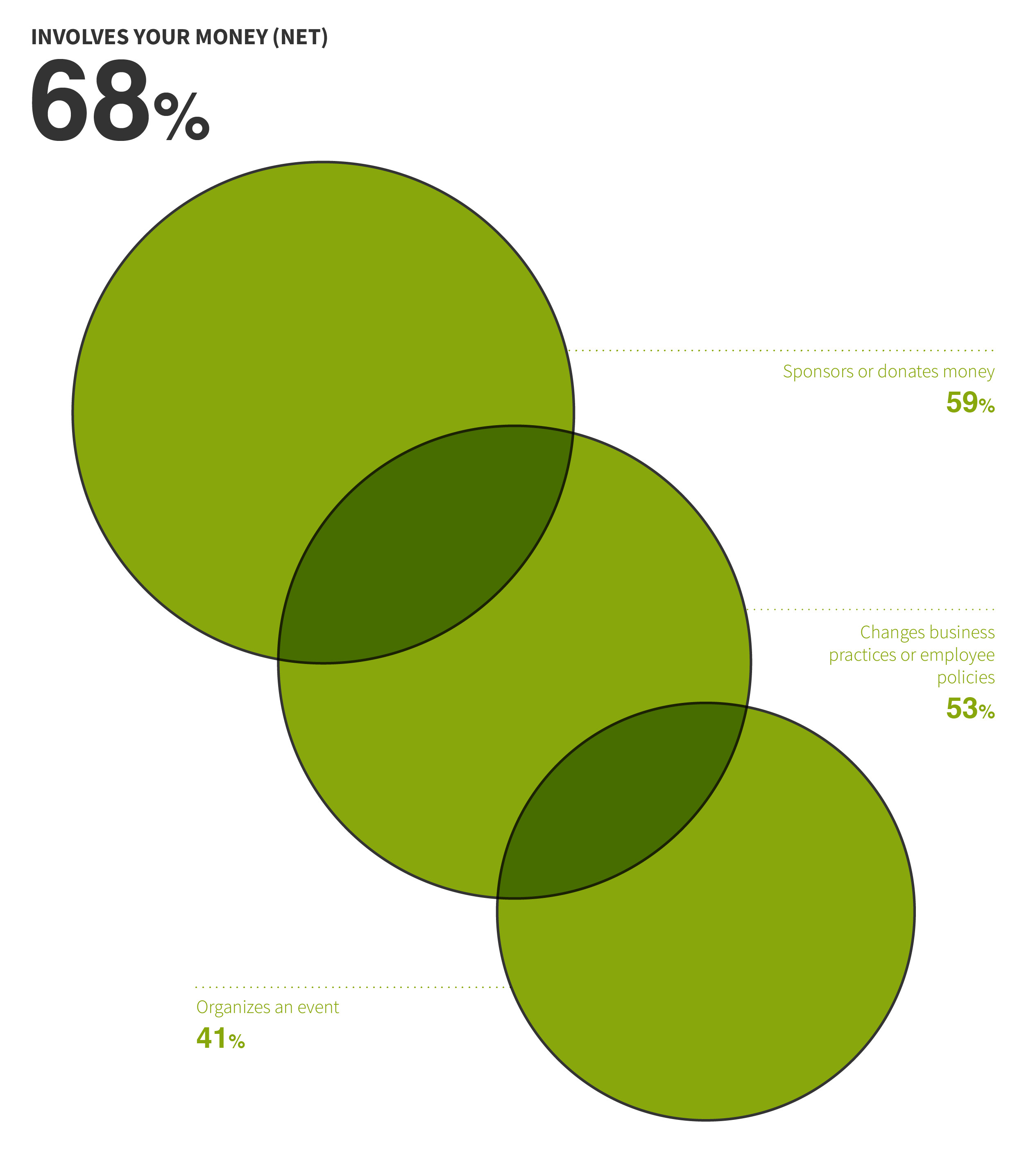
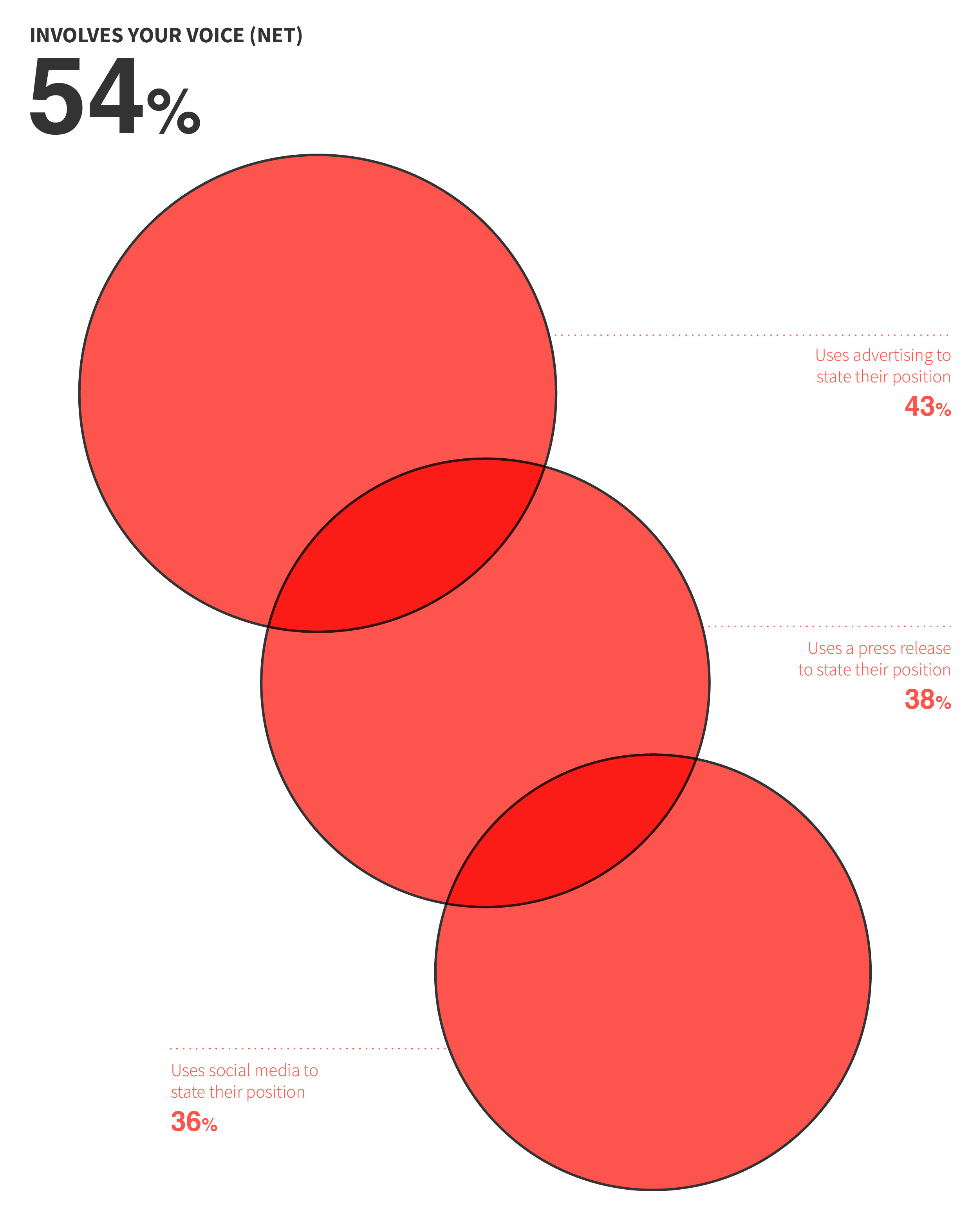
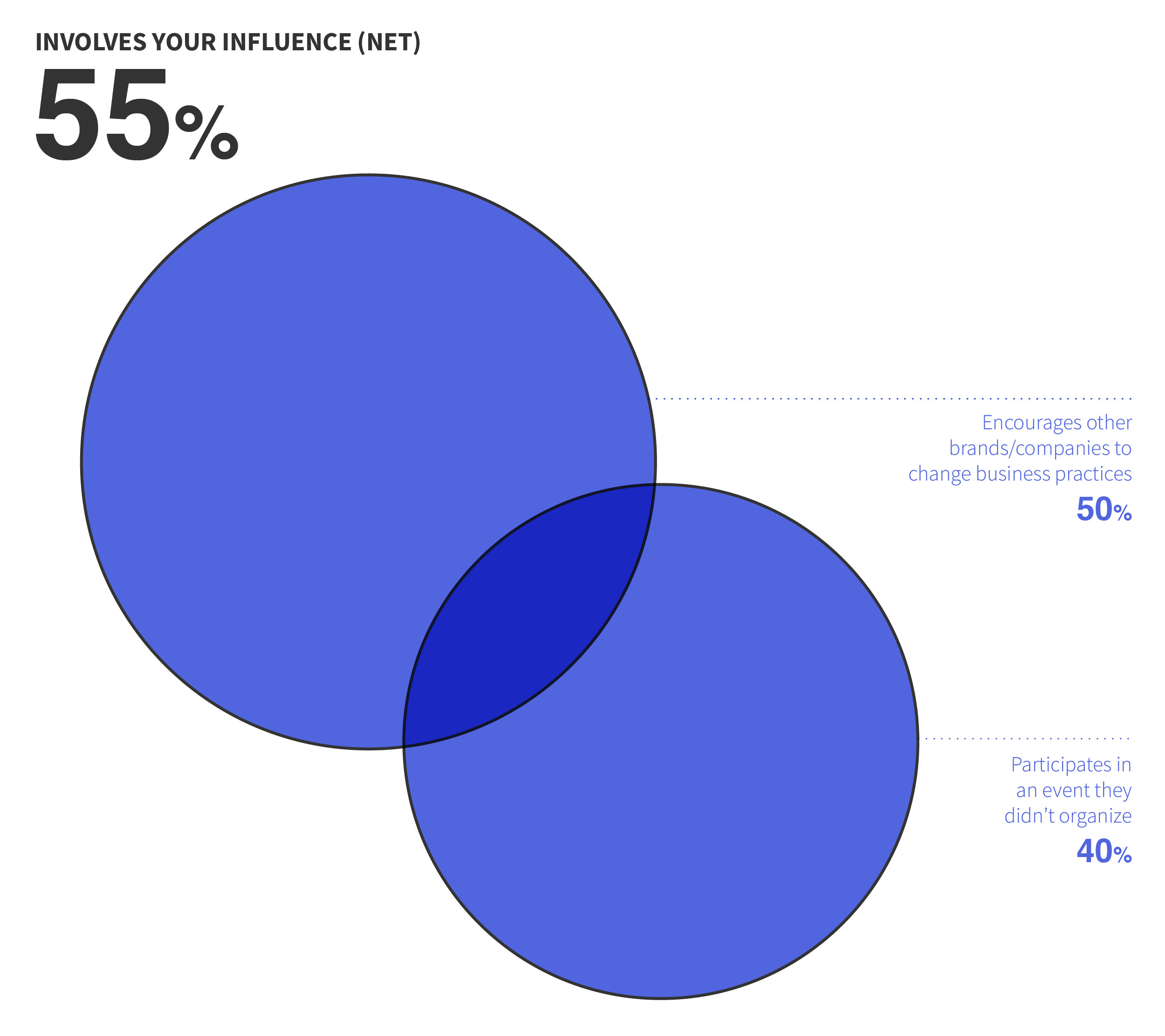
Over 3 in 5 consumers (63%) agree that brands/companies should take action in support of issues or causes, with women more likely than men to agree with this statement (64% vs. 60% for men).

Taking action is twice as important than not stating their positions on social causes and consumers don’t need issues to be related to their industries or products
A NATURAL CATALYST – ADVERTISING & CONTENT
Marketing and promoting your CSR is important because only ~10% are actually doing the work in “researching” a company’s views on a social issue. In many respects, no one will know about what a company cares about unless you actively talk about it as a part of your strategy. CSR takes media tactics and strategies that far outweigh your owned channel or that of a typical WOM. In fact, consumers tell just that.
Q: How do you typically learn or hear about a brand’s/company’s business practices, employee policies, and views on social issues/causes?
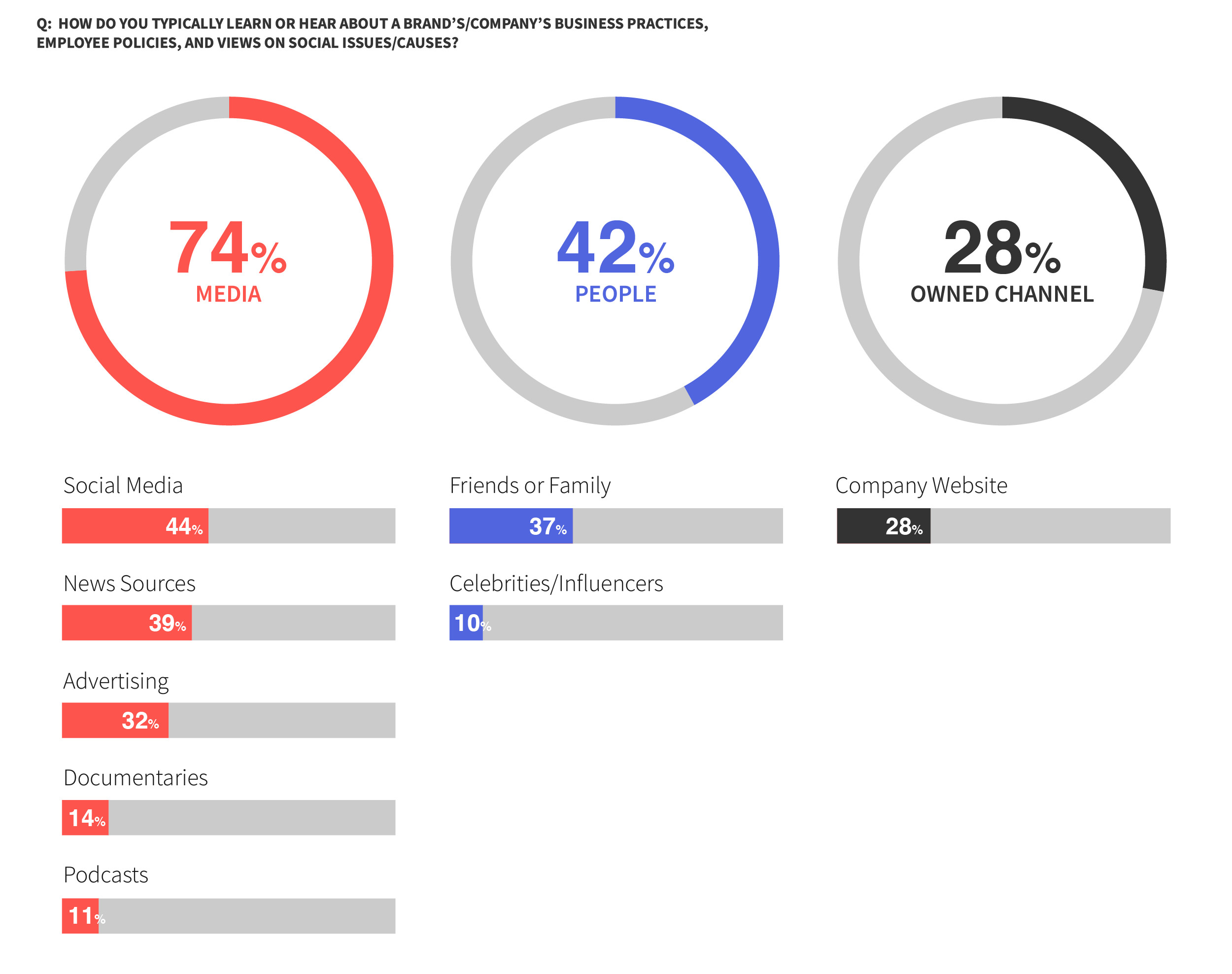
One tactical way to plan is with authoritative publishing companies that have edit, advertising, and content solutions that ultimately drive the flywheel back to your owned and operated company site or social media page.
At Vox Media, we are creating content that allows for natural alignment for brands. Some examples include:
Going beyond traditional calendar month moments and celebrating the immigration legacy and immense contributions of various peoples shaping the history of our nation with NOWTHIS:

Honoring the heroic contributions and importance of the LGBTQIA+ community in sports with SB Nation’s inaugural list of the top 100 power players leading the way to more visibility and representation for the LGBTQAI+ community:
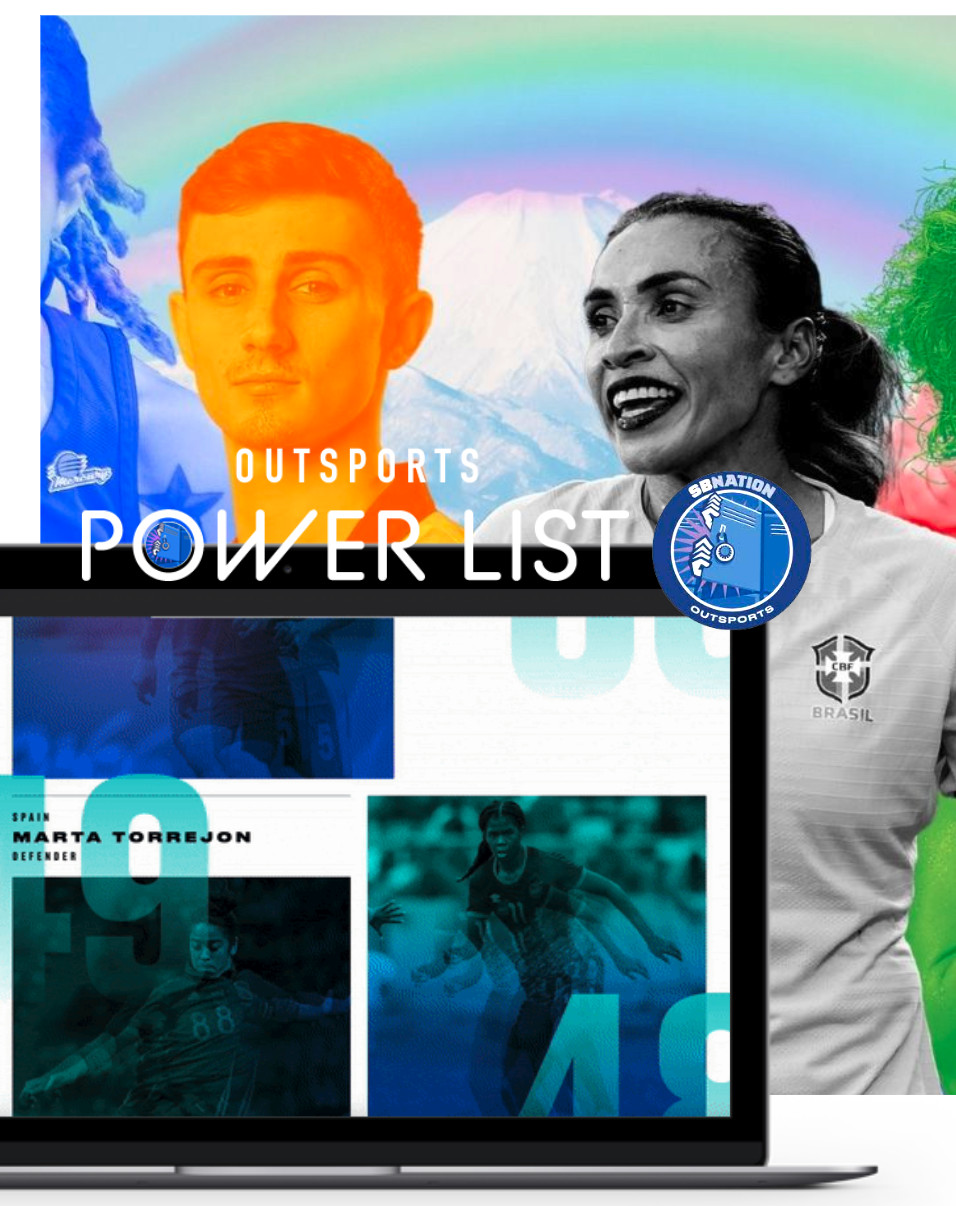
Vox’s drought and water special helps to illustrate the profound, historic, and irreversible impact of the drought across the US.

And, POPSUGAR’s dedicated vertical, In Our Own Right celebrates and centers Black women in the conversation as it relates to politics, wellness, entertainment and entrepreneurship. Best of all centering Black joy as an intentional act of resistance.
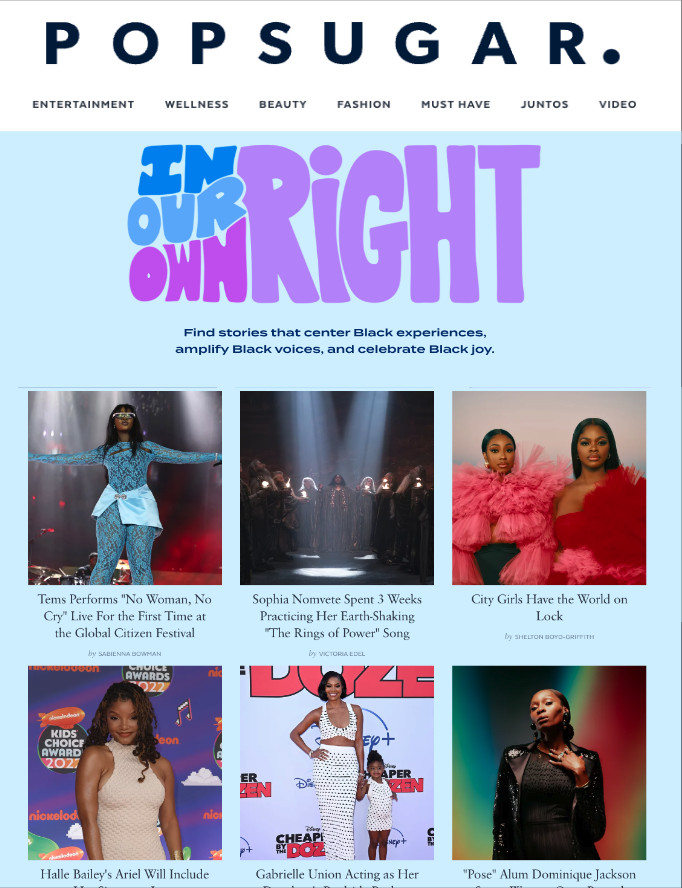
When consumers ultimately learn about a company’s position around issues they care about, the majority (62% of them) end up taking some form of action – with, 47% saying they purchase from the company and 41% would tell other people.
HOW CORPORATE RESPONSIBILITY ORGANICALLY SUPER CHARGES WORD OF MOUTH
When talking to most marketers, they may leverage influencers with the purpose of driving word of mouth. However, influencer strategies usually start with a marketer selecting the influencer more around a product push as opposed to a holistic strategy combined with purpose. The whole process can become inorganic and forced when what a marketer wants is natural human connection and influence to happen.
In contrast, leveraging and supercharging your CSR as a part of your strategy around the issues people care about don’t just spur the right conversations but activate the natural rhythm of human behavior. Everyday people will naturally choose your brand to talk about if it resonates with their personal values to create incremental interaction with your brand.
THAT’S BECAUSE CONSUMERS ACT WHEN THEY CARE ABOUT AN ISSUE
4 out of 5 people are active when it comes to the social causes they care about. When they care about any of the specific issues mentioned in the last section, they will use their voice, impact their community in real life, and support/or dismiss brands based on those beliefs. In fact, around the issues a consumer cares about, they will do an average of ~3 of the following:
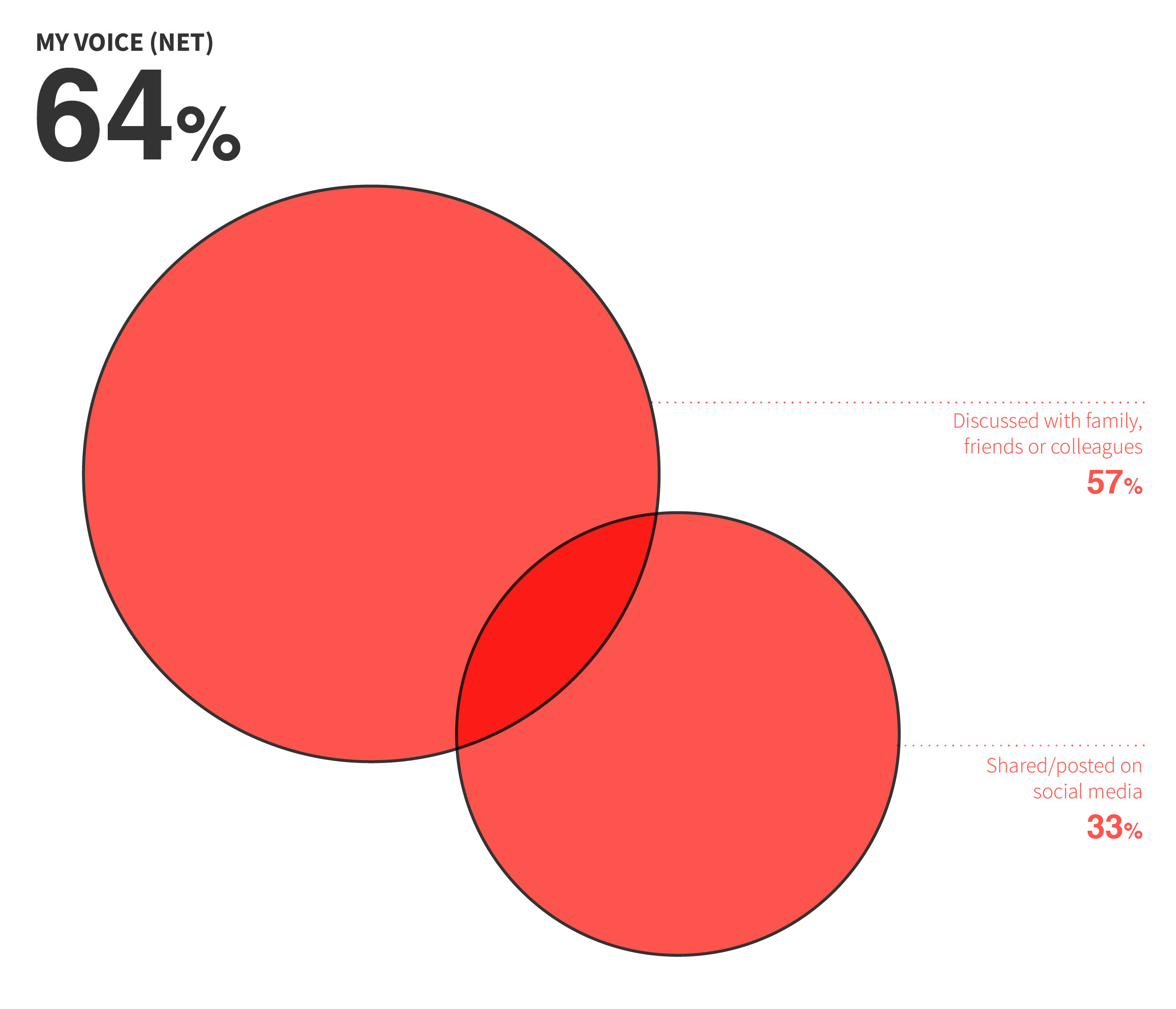

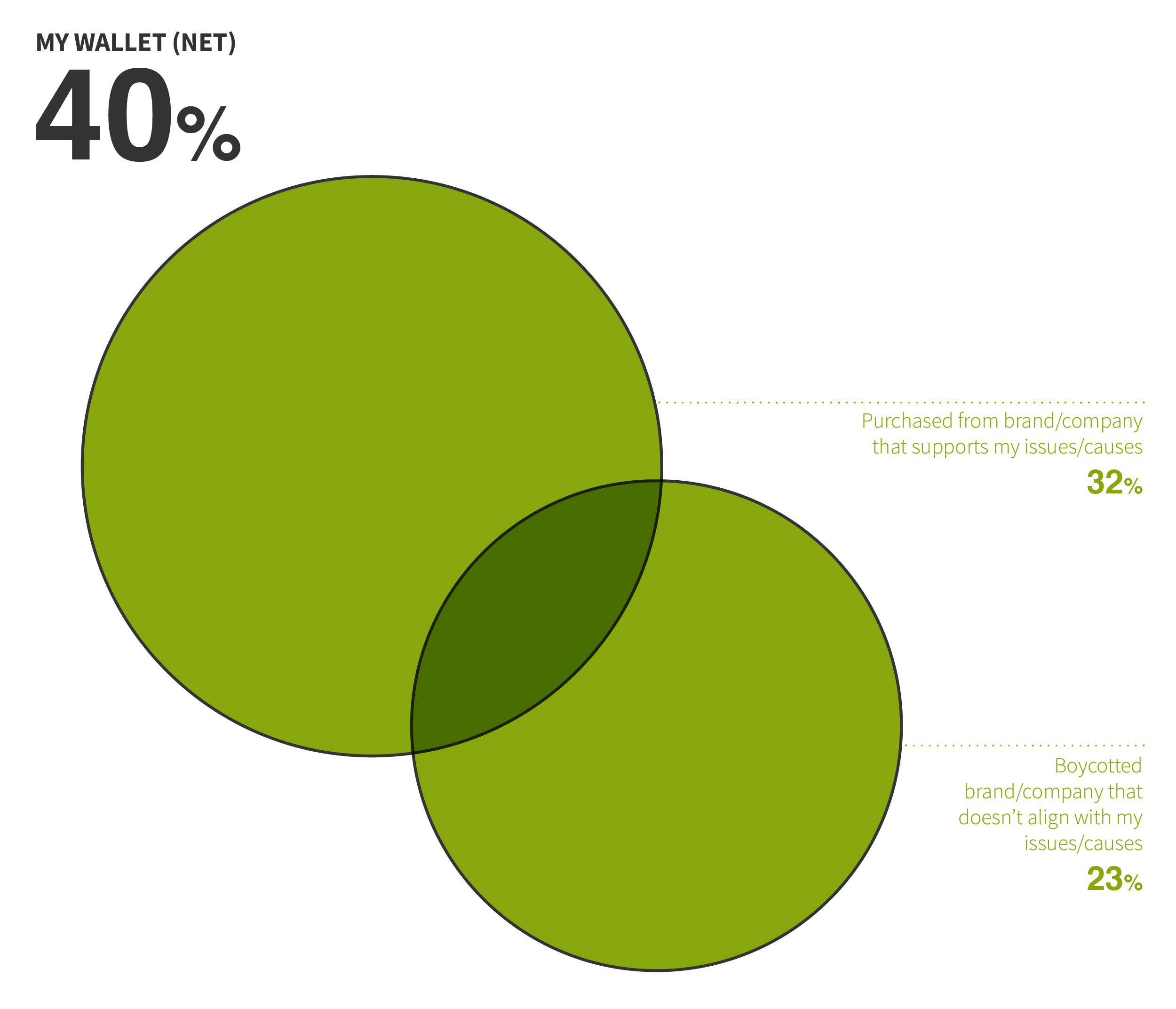
Discussing with others and searching for information are the top reported actions taken in support of an issue/cause. When looking at differences and specificity by issue:
- A strong association can be observed between the issue of racial injustice and taking action in support by signing petitions and sharing/posting on social media
- Protection of personal information/privacy is strongly associated with what’s being discussed between friends and family
- Donation of money/goods is the action most likely to be taken in support of causes related to the environment such as recycling/reducing/thrifting or reducing plastics and disposables
The implication: true influence sometimes doesn’t need to be produced, pushed, or promoted through influencers. Naturally being a part of an issue people care about gets you into everyday conversation, impacts a purchase a third of the time, and creates societal change to boot. Pairing your CSR strategy with your other marketing might just supercharge the flywheel for all of your marketing.
START BUILDING LTV WHEN CONSUMERS ARE YOUNG
Why is it important to start making this such a key part of your strategy now? The generation of shoppers, Gen Z, and Millennials in particular report high favorability in response to a brand/company taking this action. In some cases, it’s a vast majority and the percentages are 2x as high.
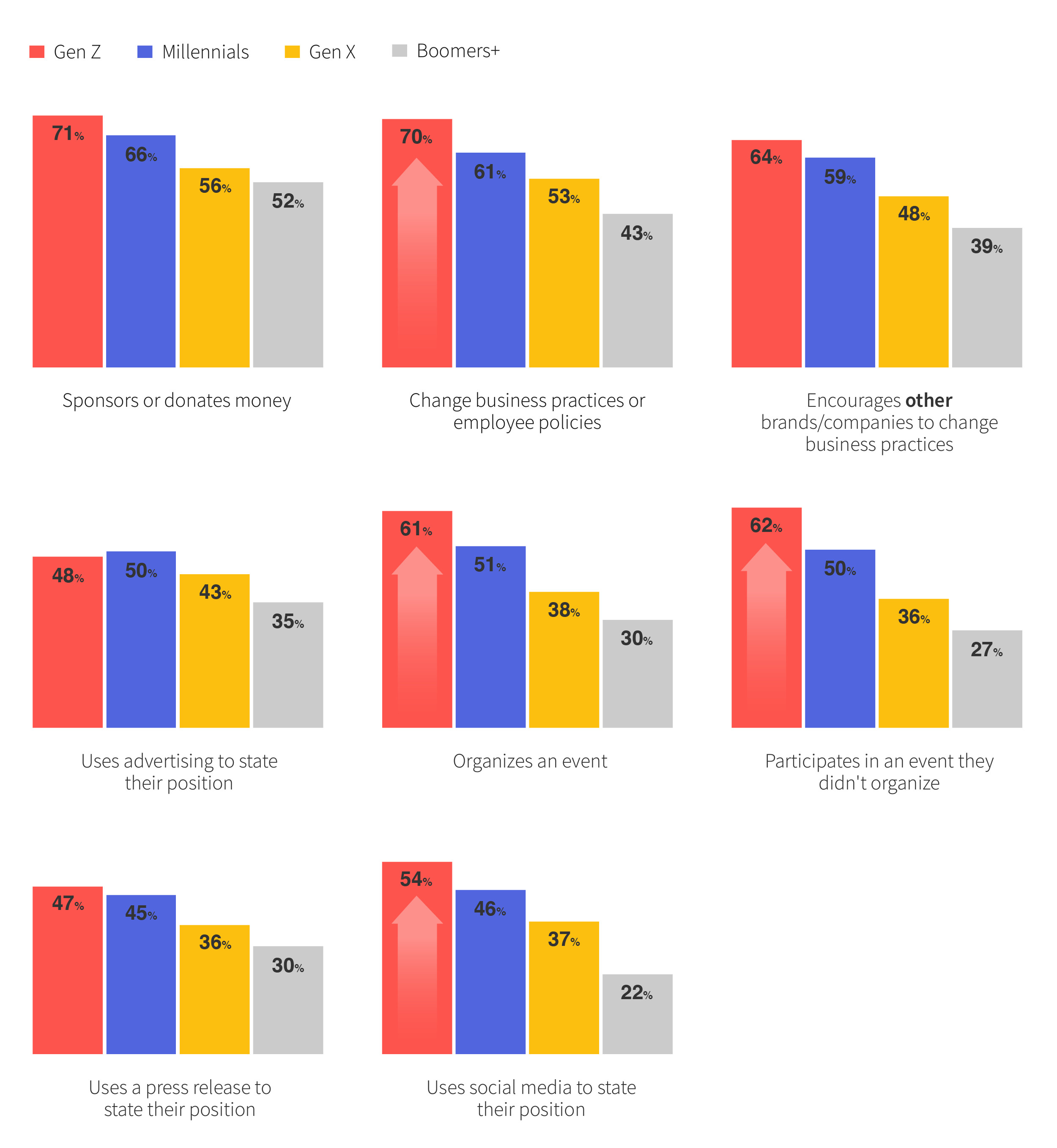
COSTS OF DOING BUSINESS: IF YOU DON’T HAVE THE BASICS… DON’T BOTHER WITH MARKETING CORPORATE SOCIAL RESPONSIBILITY
Finally, we answer the big question that is on every CMO and CFO’s mind:
Does corporate social responsibility impact purchases?
The short answer is…it depends on what point in the purchase funnel you are looking to impact.
We asked consumers what most impacted their brand choice in a recent large purchase (e.g. furniture). The characteristics we asked about can be thought of as the Basics, the Brand, and the Extras – with Brand encompassing characteristics related to corporate social responsibility.
THE BASICS
- Good value for the price
- Design, features or specifications
- Would last a long time
THE BRAND
- Brand/company I’m familiar with
- Brand/company that supports issues/causes I care about
- Brand/company employee practices (e.g. wages, benefits, diversity)
- Brand/company environmental practices
- Small, local, or BIPOC brand/company
THE EXTRAS
- Available where I shop regularly / Convenient
- Easy/convenient return policy
- Recommendations or online reviews
- Speed of delivery
Using a MaxDiff methodology to understand the relative importance of these characteristics in their recent purchases, we found the Basics had outsized importance in the purchase decision. Price was at least 4 times as important – and design/features and long-lasting at least twice as important – as any of the Brand or Extra characteristics. We think this result makes sense because the practical parts of buying still matter a great deal in any situation.

The Brand characteristics comprised the second tier of factors considered when choosing a brand. While brand familiarity was slightly more important, the elements reflecting corporate social responsibility were of equal importance to the convenience of obtaining the product.
Why exactly is this relevant?
Speedy delivery and return policies may offer a lower return on investment than marketing efforts that communicate what causes a brand supports, its environmental record, and how it treats its employees. When product categories are congested with brands offering the basics, corporate social responsibility may be the one thing that convinces a consumer to CONSIDER your brand for purchase at all.
Supporting this notion is our finding that anywhere from one-fifth to two-fifths of consumers have purchased a brand that practices and values they disagree with. The top reasons for choosing a brand that went against their values: convenient/easy to buy, best value for the price, and long-lasting. Take away corporate social responsibility…and a brand is left with the Basics and being in-the-right-place-at-the-right-time.
WHEN DOING GOOD CAN ALSO MEAN GOOD BUSINESS
As we head into a pressure-filled year, with chaos abound, when questioned about why we should continue to care about being responsible and doing good, our response could be, being responsible to society:
- Drives activism and change, sure, but it drives brand equity, new customers and consideration
- Is an organic driver of content creation that leads to a stronger influencer strategy – one that is proactively organic versus produced through a few influencers of choice
- Might be a more efficient and effective message than features and benefits marketing found with direct response
- Build relationship and LTV with the next generations buyer
- Drives brand awareness and consideration and is twice as powerful as pure direct response messaging with a functional hook
When you do more, for society, you build stronger brand equity with consumers. Our research unequivocally supports the idea that doing good for society is good business.


